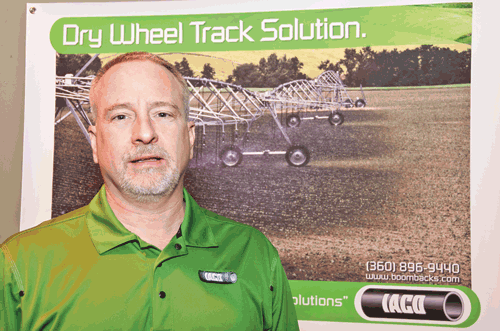
Until a few years ago, explained Johnston, self-propelled wheel lines and pipes moved by hand formed the backbone of the irrigation industry. However, the rising cost of labor and dwindling availability of water are driving changes in the irrigation industry. Today, circular “pivot” irrigation systems are growing in popularity.
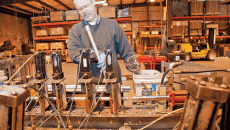
Although pivot systems require as much as 25 percent less labor than hand lines, they can be plagued by rutting and inefficient use of water caused by applying water faster than the soil can absorb it – and both of these result in erosion. IACO has introduced boom technology that spreads the water out near the end of a pivot, allowing the soil to make full use of the water being applied – sort of like putting your thumb over the end of a hose to create a gentler spray.
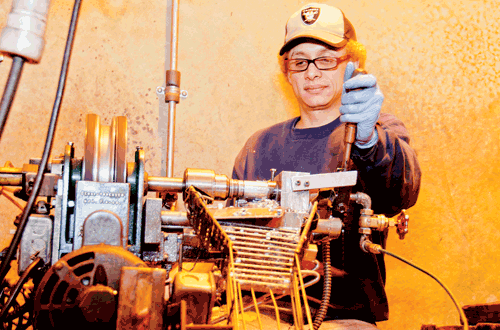
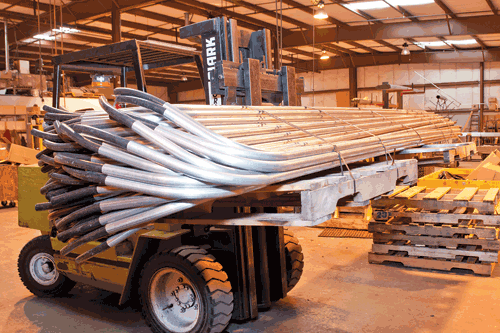
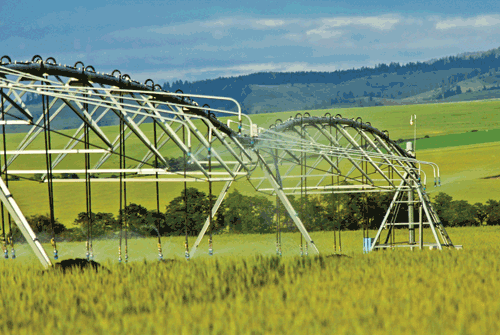
“Water is becoming scarce everywhere,” he said. “The products we develop to save water are the future of the company.”
Johnston estimated that 2011 company sales were up 24 percent over 2010 – only 4 percent of that increase was from traditional sales; 20 percent was from new customers and new products.
Product line is not the only aspect of the company that Johnston is transforming. He said that until recently, the company relied on original equipment manufacturers (OEMs) and dealers to “push” IACO products through the market to agricultural end users.
“Before, we were always behind the scenes,” said Johnston. “But that stopped working.”
Now, he is attending trade shows, seminars and conferences to educate farmers about IACO’s products, to “pull” his products through the market. Johnston said that educators at universities have shown great interest in his new technologies.
Although changing marketing strategies has been a “big learning curve,” Johnston is embracing change with enthusiasm. To expand his marketing reach, Johnston makes his own product videos and puts them on YouTube. He also puts QR codes – two-dimensional barcodes – on advertisements and business cards, and even on parts assembly instructions, so that customers can use their smart phone in the field to access assembly videos.
“I’ve become a world-wide sales force by myself,” he said.
Over the last two years, added Johnston, he has had to “reassess everything” – his mind set, outlook, and how he does business. But that isn’t necessarily a bad thing.
“The recession may be the best thing that ever happened – it put me out of my comfort zone,” he said.



